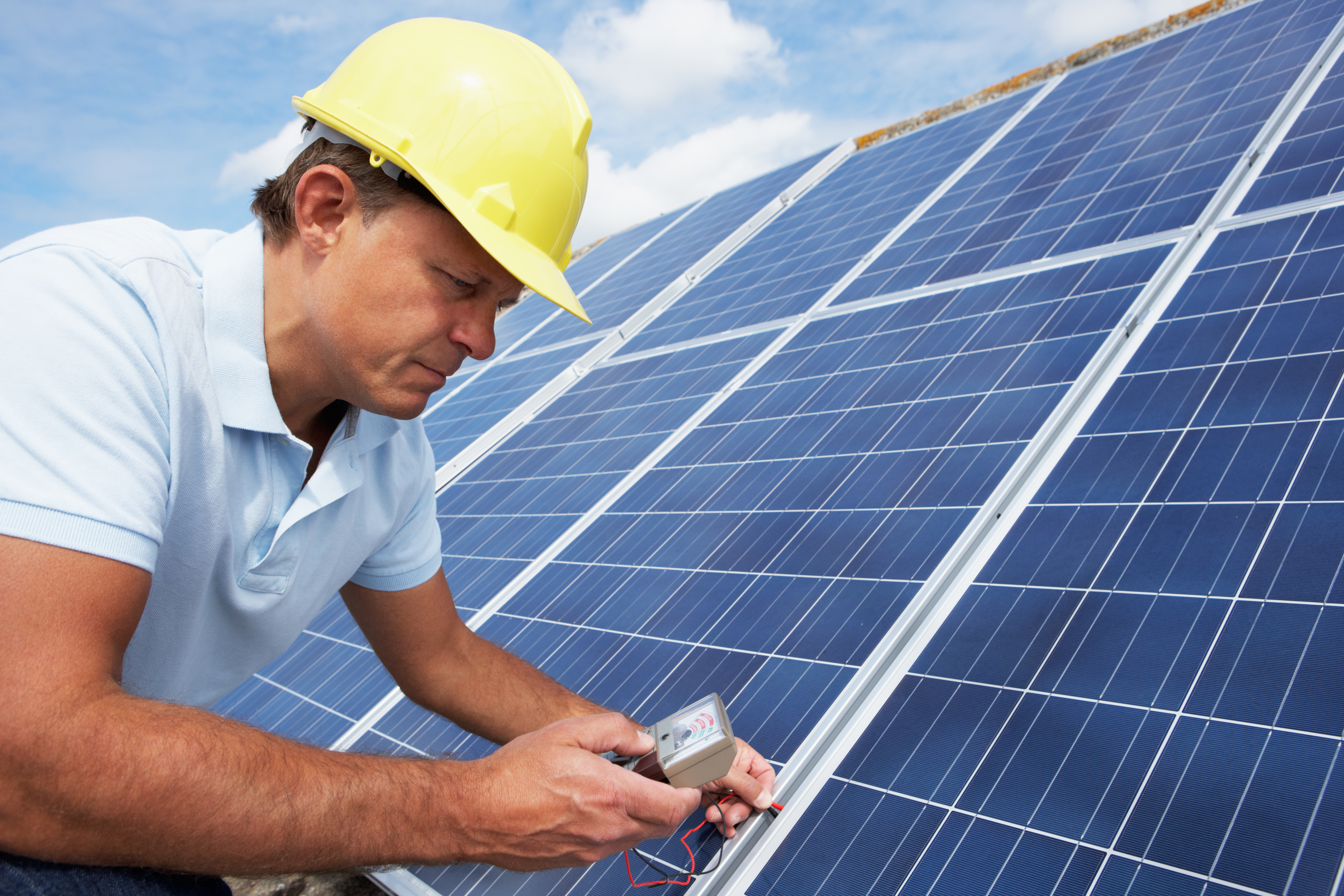Investing in a solar PV system provides the opportunity to reduce your household energy costs while also decreasing your carbon footprint. For many homeowners, the promise of both is the reason to purchase solar panels. But if the equipment begins to degrade or deliver less power to your home, then your return on your investment diminishes — and the reasons for going solar in the first place — become moot.
This is why the terms of the solar panel warranty on your PV system are as important as the equipment itself. A solid warranty not only ensures that if something does go wrong the manufacturer will get your system back in working order, but it also reveals the integrity and professionalism of the company. As you shop for solar PV systems, spend some time exploring how the warranties of each compare.
Ask these key questions to determine whether the terms offered suit your needs:
How long has the manufacturer been in business?
While this question isn’t specifically about the warranty, the answer can inform your purchasing decision. The total amount of solar capacity installed in the U.S. is expected to double in the next five years, according to the Solar Energy Industries Association. As interest in residential solar power ramps up, homeowners have become savvier about different solar panel manufacturers and what they offer. For homeowners, there’s some benefit to having a broader range of options.
But given that solar panels are a 25-year-plus investment, it’s also good to examine the track record and stability of the company from which you’re purchasing panels. After all, a long-term warranty is only as strong as the company standing behind it. A manufacturer that has showed staying power in the industry and a history of customer service will be able to service your warranty years down the road.
What specifically does the warranty cover?
Solar panel warranties typically address two key areas: product and performance. The product warranty covers the solar panel itself and offers protection against manufacturer defects, and unusual wear and tear on the panels.
The warranty period is also important for homeowners to know. While typical product warranties can span five to 25 years, the longer the warranty, the better for you.
In addition to a good product warranty, you’ll also want a performance warranty. Solar PV systems provide an expected output of electricity and that output naturally decreases over time. A quality manufacturer will usually guarantee that its product will perform at 80% to 90% of its power output rating for the life of the warranty. If performance dips below that, then the manufacturer will address the issue.
As you compare warranties, ask exactly how the manufacturer will remedy any problems. Will the company replace a malfunctioning part? Will they cover the labor costs of doing so? Do they pay for shipping?
The level of service offered can indicate what the company will be like to work with if you ever need to make a warranty claim.
Are there any limits to the warranty’s coverage?
All warranties come with conditions. Understanding these before you make a purchase will ensure you know what’s your responsibility and what’s covered by the solar panel manufacturers. For instance, most manufacturer warranties don’t cover normal wear and tear on their solar panels. Other things commonly exempt from the warranty coverage include:
- Damage due to improper installation, improper wiring or caused by other parts of the PV system.
- Alterations made to the panel by installers or homeowners.
- Problems due to installation by an unapproved or non-qualified installer.
- Damage or issues caused by events outside of the manufacturer’s control such as extreme weather, vandalism, and accidents.
- Issues caused by a lack of proper maintenance.
Many of the exemptions revolve around how the solar panels were installed. Understanding what’s required by the manufacturer for installation and working with a high-quality, authorized installer can help you sidestep some of these issues. In addition, ask your installer about the warranties they offer as well.
You likely put a lot of energy into researching the right type of solar PV system for your home. Take the time to dig into the warranty of different manufacturers and you'll sleep easy knowing that if something goes unexpectedly awry, you're covered.





